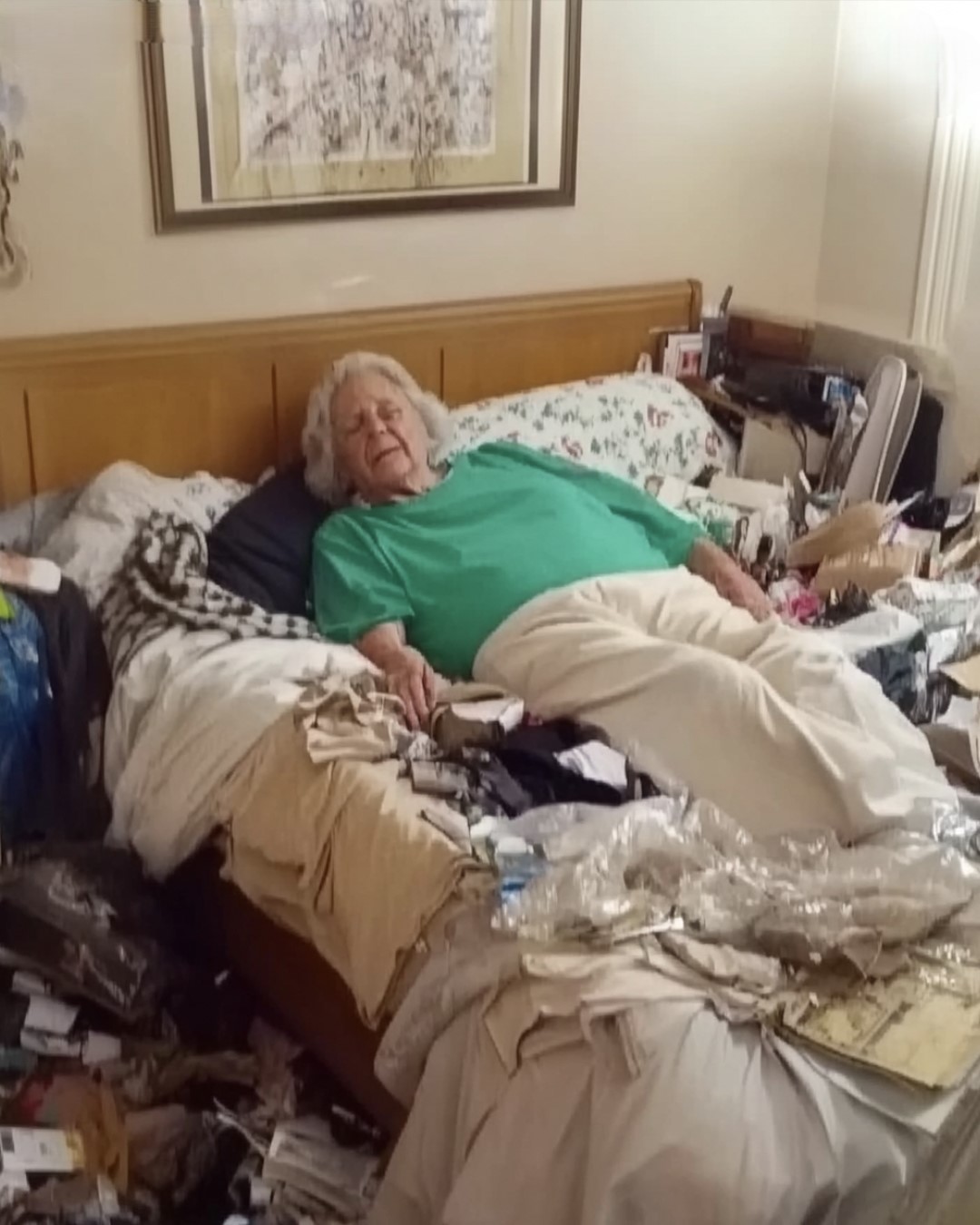When my 16-year-old son volunteered to spend the summer caring for his aging grandmother, I thought he was finally turning a corner. He had always been a handful, but this unexpected gesture made me hopeful. “I’ll take care of Grandma,” he had said confidently. “You can even give the caregiver a break and save some money.” At the time, his offer seemed thoughtful—mature, even.
But one night, everything changed. My phone rang, and it was my mother. Her voice trembled. “Please, come now,” she said. “I need help.” Then the line went silent. My heart sank. Something was terribly wrong.As I drove to her rural home, memories flooded in. Raising my son alone hadn’t been easy. His teenage years were filled with challenges, but my mother always believed in him. When he chose to stay with her for the summer, I thought he was embracing responsibility.
I remembered a call I had made earlier that week. My son had answered cheerfully. “Grandma’s asleep,” he said. “She’s just tired tonight.” I hadn’t thought much of it then, but now, I replayed every word.When I arrived, the scene was shocking. The yard was overgrown, and the porch cluttered. Inside, music played loudly, and unfamiliar faces filled the house. I pushed through the noise and confusion, calling out for my mother. Finally, I found her—tired, anxious, and alone in her bedroom.She explained that what started as a small get-together had spiraled out of control. When she asked him to stop, he became upset and left her feeling isolated in her own home.
Anger and sadness swirled within me. I confronted my son, who stood laughing with his friends. When he saw me, he froze. “What are you doing here?” he asked. I didn’t hesitate. “Look around. This ends now. Everyone out.”Once the guests left, I spoke with him calmly but firmly. “You had a chance to show us you’d grown up. This isn’t what caring looks like.” He tried to explain it away, saying he just wanted some freedom. But I made it clear: true freedom comes with responsibility.
That summer, I enrolled him in a structured camp program. Meanwhile, I focused on helping my mother heal and restoring her home. Over the weeks, something changed in him. He became more reserved, more thoughtful. When he returned, he offered to help around the house without being asked.Two years later, I watched him walk up to his grandmother’s front door, flowers in hand and genuine remorse in his eyes. “I’m sorry, Grandma,” he said softly. He was preparing to graduate with honors, ready for college, and ready to make things right.
That summer had begun as a mistake—but it became the start of something better.
